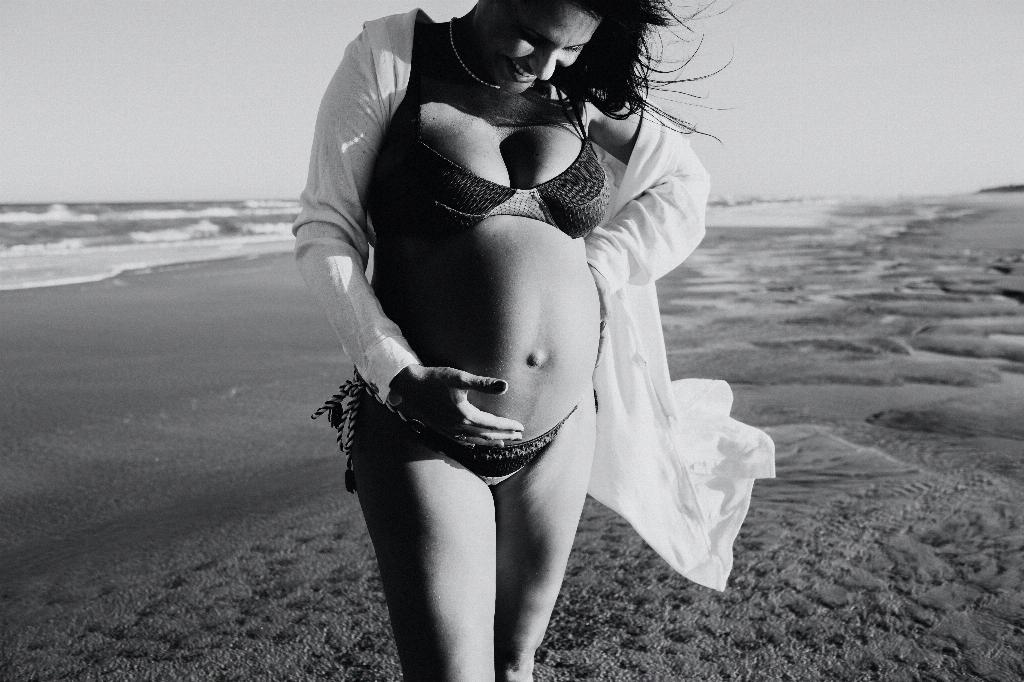During pregnancy, hormonal changes can have a profound impact on your emotional well-being. One common symptom that many women experience is mood swings. These abrupt changes in mood can leave you feeling elated one moment and tearful the next, often without any apparent trigger.
Key Trimester Milestones
Mood swings tend to be most pronounced during the first trimester of pregnancy, typically between weeks 6 to 10. This period is characterized by significant hormonal fluctuations as your body adjusts to the presence of a growing embryo.
Effects of Hormone Levels on Mood
The surge in hormones, such as estrogen and progesterone, can directly impact neurotransmitters in your brain, which play a crucial role in regulating mood. These chemical messengers can influence how you feel and react to various situations, leading to heightened emotional sensitivity.
Emotional Rollercoaster
It’s common to experience a wide range of emotions during early pregnancy, from joy and excitement to anxiety and irritability. The intensity and frequency of mood swings can vary from woman to woman, with some individuals feeling more emotionally unstable than others.
Managing Emotional Fluctuations
While it’s natural to feel overwhelmed by the emotional whirlwind of pregnancy, there are strategies you can employ to help stabilize your mood. Engaging in relaxation techniques, such as deep breathing or mindfulness exercises, can promote a sense of calm and reduce stress levels.
Support System Importance
Having a strong support system in place can also make a significant difference in managing mood swings during pregnancy. Talking to your partner, friends, or healthcare provider about your feelings can provide much-needed comfort and reassurance.
Physical Well-Being
It’s essential to prioritize your physical well-being during this time, as factors like fatigue and discomfort can exacerbate mood swings. Eating a balanced diet, staying hydrated, and getting regular exercise can contribute to overall emotional stability.
Seeking Professional Guidance
If you find that your mood swings are becoming overwhelming or significantly impacting your daily life, don’t hesitate to reach out for professional help. Mental health professionals can offer guidance and support to help you navigate this challenging period.
Communication with Your Healthcare Provider
Open and honest communication with your healthcare provider is crucial throughout your pregnancy. Discussing any emotional concerns or mood disturbances can help ensure that you receive the appropriate care and support tailored to your needs.
Role of Hormonal Changes
As your pregnancy progresses into the third trimester, around the 30-week mark, you may notice another wave of mood swings. These changes are often attributed to the body’s preparation for labor and delivery, as hormonal shifts continue to impact your emotional state.
Embracing the Emotional Journey
It’s essential to remember that mood swings are a natural part of the pregnancy experience for many women. By embracing the emotional ups and downs as part of your journey to motherhood, you can cultivate resilience and adapt to the changes with greater ease.
Final Thoughts
In conclusion, mood swings in pregnancy typically begin in the early stages, around weeks 6 to 10, due to hormonal fluctuations and continue throughout the duration of your pregnancy. By prioritizing self-care, seeking support, and staying connected to your healthcare team, you can navigate the emotional challenges of pregnancy with grace and strength.

